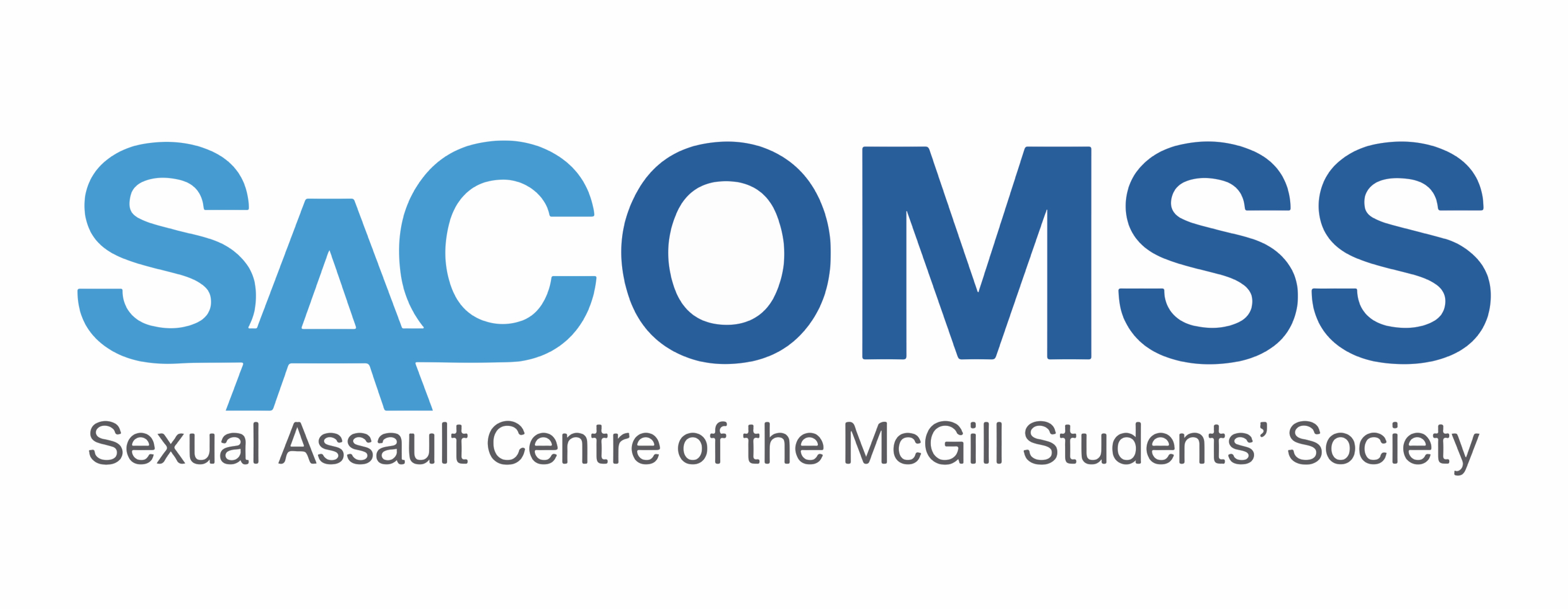Values
We recognize that our SACOMSS mandate is broad and inclusive of many nuanced and crucial terms. We have included some definitions and explanations of how we implement these elements into our practices. We also recognize that all of our mandates are general and idealistic; we are not perfect and do not claim to live up to our mandates in everything that we do. However, we look to them for inspiration, guidance and accountability. If you have any questions, concerns, or recommendations on how we can better implement our values, please reach out at ombuds@sacomss.org
